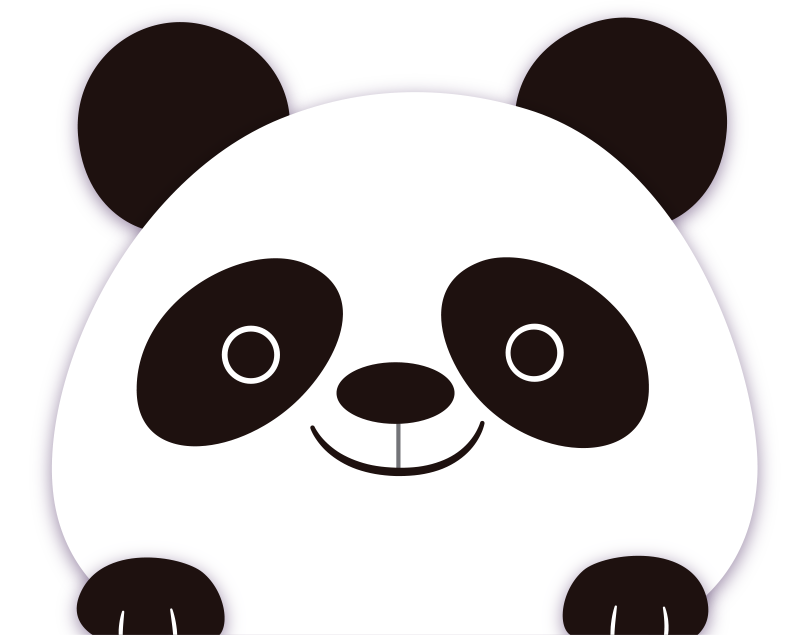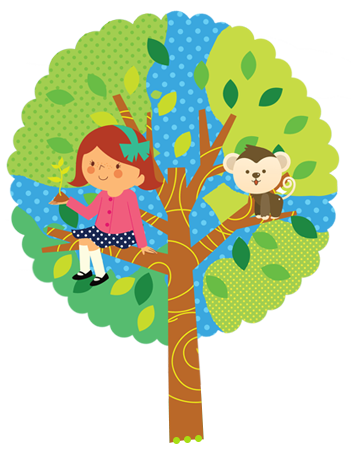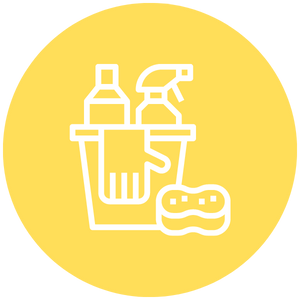Statesboro's
Top-Rated Child Care Center
Activating your child’s learning!
We're Open :
6:00 am - 5:30 pm
S t a t e s b o r o ' s
Top-Rated Child Care Center
Activating your child’s learning!
We're Open :
6:00 am - 5:30 pm


At Kidovations, we foster intellectual and emotional development in a fun, innovative and educational environment. We are here to provide your child with an educational experience that sets them up for a lifelong passion for learning and academic success.
We are committed to working with parents to raise champions that will change the world!
Kidovations Educational Experience is the recipient of Statesboro Herald’s
“Readers’ Favorite Childcare Center” Award in 2017
Kidovations Educational Experience is the recipient of Statesboro Herald’s “Readers’ Favorite Childcare Center” Award in 2017


Why Choose Kidovations For Child Care In Statesboro, GA?
Our amazing children are at the center of everything we do. It is our goal to give your child access to the best child care and education possible. This is a magical time in your child’s development and it is our job to provide a space that allows children to explore the world around them!
We nurture a sense of community with our children and teach them about kindness and service. We are dedicated to nurturing children with these core values and preparing them for academic and personal success.
We are committed to working with parents to raise champions that will change the world!




Years In
Existence

Children Nurtured and Educated

Teachers
and Staff

Children
Capacity




Get Our Free Parent Pack

Get Our Free
Parent Pack
We’d love to send you a FREE parent pack, full of helpful information about Kidovations.

What We Believe
At Kidovations, we believe that every child is unique and has their own way of learning. We strive to provide a safe and inclusive environment where children can explore and discover their passions through our STEAM curriculum. Our experienced teachers are dedicated to creating hands-on learning experiences that inspire curiosity, critical thinking and creativity in every child. We are committed to partnering with parents to support their child’s educational journey and help them reach their full potential.



GET OUR FREE GUIDE

Get Our Free Guide
We know how hard it can be to choose the perfect place for your little ones to learn and grow. So we have made it simple for you to find out exactly what to look for when choosing the perfect preschool. Get your copy now…
Amazing Facilities For Your Child
Here's a small sample of some of the great things your child can enjoy when they join our setting…










Here’s What Our Happy Parents Have To Say
We LOVE our parents and carers and we're so proud to share some of their thoughts with you…
About our Statesboro Location
Situated near Georgia Southern University, our preschool is easy to access via major roads, making it convenient for parents to access during their commute between work and home.
Since our start in 2003, we have worked incredibly hard to create the best possible child care service in Statesboro, GA. Our team is working continuously to improve our facility and ensure that we are always following the latest and most up-to-date industry practices.
Our team is here to help your child develop the necessary life skills and self-confidence that will help them enter further education with ease and confidence.
Some of the aspects that make our facility unique include:


Languages & sign language
The Opportunity to learn another language such as Spanish, Sign Language or Japanese.

Tumbling Classes
Tumbling Classes to develop physical coordination, and improve physical and mental awareness.

biometric
tech
Biometric Technology to ensure your child’s safety!

Daily
Updates
Frequent Parent Communication - Daily updates about your child’s day including what they have learned and eaten as well as any events and naps.

Staff Recruitment
staff recruitment
We require on-going training for our staff through state classes, orientation videos, in-house training, and other certified professionals in the education field. All of our teachers are trained in First Aid and CPR.
We require on-going training for our staff through state classes, orientation videos, in-house training, and other certified professionals in the education field. All of our teachers hold a degree in Early Childhood Education and are trained in First Aid and CPR.

our commitment to safety
Here at Kidovations we take the safety of everyone seriously. We have put protective measures in place throughout our preschool.
Now, more than ever, maintaining a safe, clean, secure facility is vital. We have been committed to this cause from day one, and we are fully transparent so that parents can check in at any time.

Cleanliness Protocols
We use Zono machines for sanitizing materials and equipment, maintaining an environment that stops the spread of germs. We also teach good hygiene, including diligent handwashing.

covid safety
We strictly implement a variety of covid safety measures. Staff wear protective face coverings while on the school premises. We check temperatures to ensure that no one who has a temperature over 37.5 degrees celsius enters the school. We also have a designated sick space for children who are not feeling well, where they can play and learn while waiting for parents to pick them up.

Security
We strictly limit access to our facility to authorized personnel and parents and family members who have express permission to be here. We also use biometrics technology that only admits authorized parents and staff inside the center. Your child’s safety is our top priority.

Transparency
We understand that you’re probably wondering what your child is up to when they’re not with you. We send out daily updates to keep you informed of what your child has been up to during the day.

Cleanliness Protocols
We use Zono machines for sanitizing materials and equipment, maintaining an environment that stops the spread of germs. We also teach good hygiene, including diligent handwashing.

covid safety
We strictly implement a variety of covid safety measures. Staff wear protective face coverings while on the school premises.
We check temperatures to ensure that no one who has a temperature over 37.5 degrees celsius enters the school.
We also have a designated sick space for children who are not feeling well, where they can play and learn while waiting for parents to pick them up.

Security
We strictly limit access to our facility to authorized personnel and parents and family members who have express permission to be here.
We also use biometrics technology that only admits authorized parents and staff inside the center. Your child’s safety is our top priority.

Transparency
We understand that you’re probably wondering what your child is up to when they’re not with you. That’s why we allow parents to check in by viewing our online streaming service - PB&J TV. We also send out daily uodates to keep you informed of what your child has been up to during the day.
Here's What Our Team Have To Say
We LOVE our team and we're so proud to share some of their thoughts with you ....


REQUEST a Tour at kidovations
We provide an engaging and informative virtual tour to show you what makes Kidovations special!
We look forward to showing you our amazing preschool!